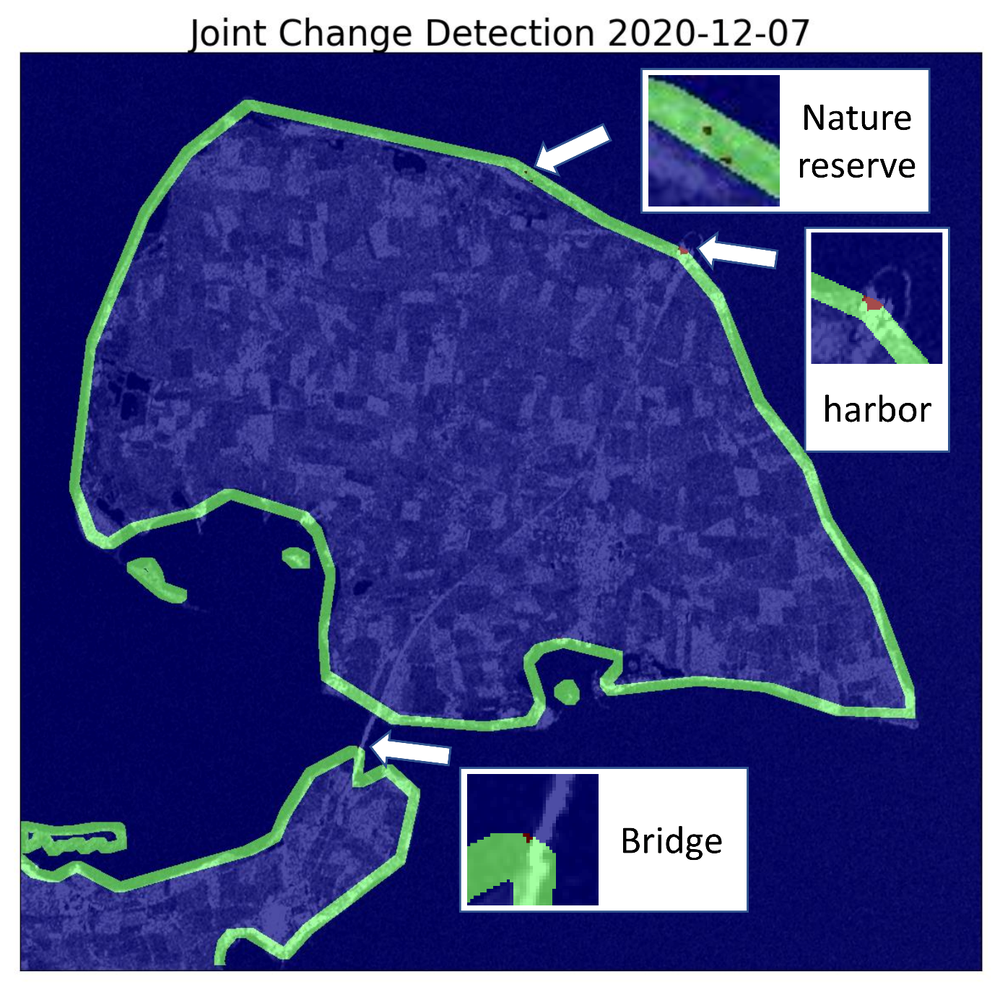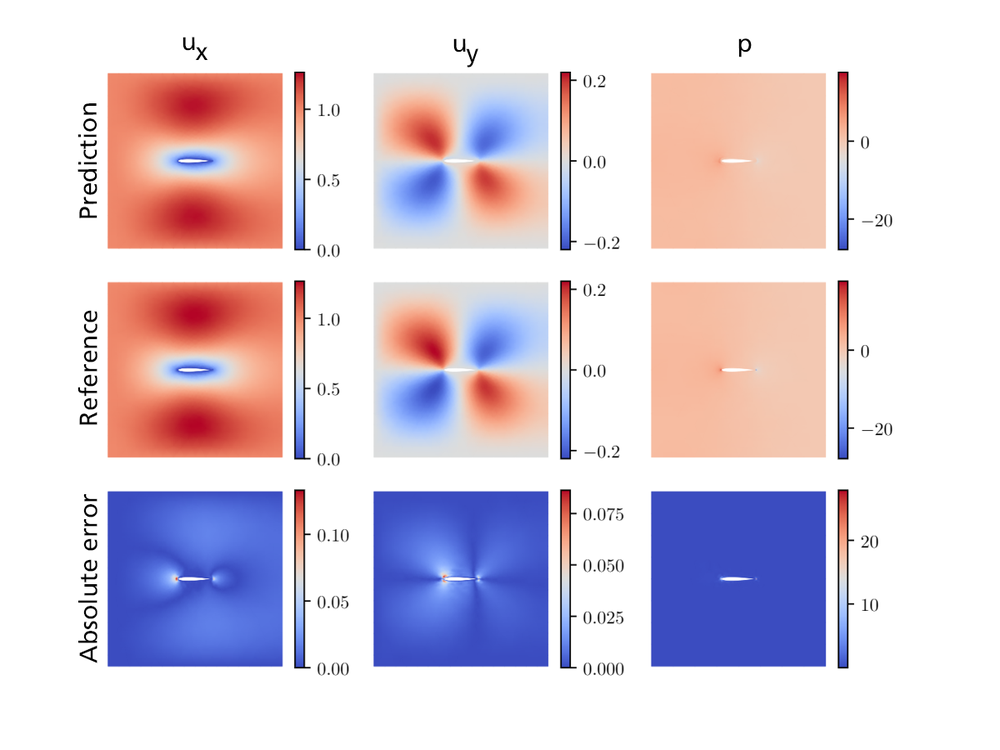The German Aerospace Center (DLR), is at the forefront of integrating artificial intelligence (AI) into aeronautics, space exploration, energy, traffic management, and security. Through AI-driven innovations, we optimize aircraft design, enhance space exploration capabilities, improve energy efficiency, optimize traffic flow, and strengthen security measures. Our commitment to precision and collaboration drives advancements that shape a future of increased efficiency, sustainability, and resilience across aerospace, energy, transportation, and security domains.
The Institute of Software Technology researches and develops artificial intelligence methods in the research areas of aerospace, energy, transport and security.
Analyzing Large Scientific Data Sets and Scalable Algorithms
In our research, we specialize in developing advanced algorithms capable of processing and extracting valuable insights from massive scientific data sets collected for example from satellites, sensors, ground tests on combustion engines, as well as medical imaging. By leveraging cutting-edge techniques in big data analysis and scalable machine learning, we're able to uncover hidden patterns, trends, and correlations within these vast data repositories, as well as anomalies, which enable the extraction of knowledge from the data.
Robust and Safe AI Methods
Ensuring the reliability and safety of AI systems is paramount. Our institute is dedicated to developing robust AI methods that are resilient to uncertainties and external disturbances. By integrating principles from physics and employing techniques such as uncertainty quantification, we're able to build AI systems that not only perform effectively but also prioritize safety and reliability in mission-critical environments.



Knowledge-based Systems
At our institute, we are driving the development of knowledge-based systems by developing sophisticated models that capture domain-specific knowledge and reasoning skills. We are working on the development and testing of a method for comprehensive indexing of multimodal data. The aim is to link different types of digital objects, such as web texts, publications, images and videos, in order to generate new knowledge from digital collections.
Human-centered and Explainable AI
As we integrate AI technologies into workflows such as air traffic controlling, it's essential to ensure that these systems are transparent, interpretable, and align with human understanding. Our research focuses on human-centered AI approaches that prioritize user comprehension and trust. Through the development of explainable AI techniques, we empower users to understand the rationale behind AI-generated decisions and foster collaboration between humans and intelligent systems.
Generative AI Models
Generative AI models are revolutionizing the way we generate and interpret data in science. Our Institute is at the forefront of using and exploring large-scale language and text-to-image models to generate realistic simulations and interpret complex scientific data. These sophisticated AI systems are capable of synthesizing vast amounts of textual and visual information. We use techniques from the field of generative AI in our work within Helmholtz AI.

